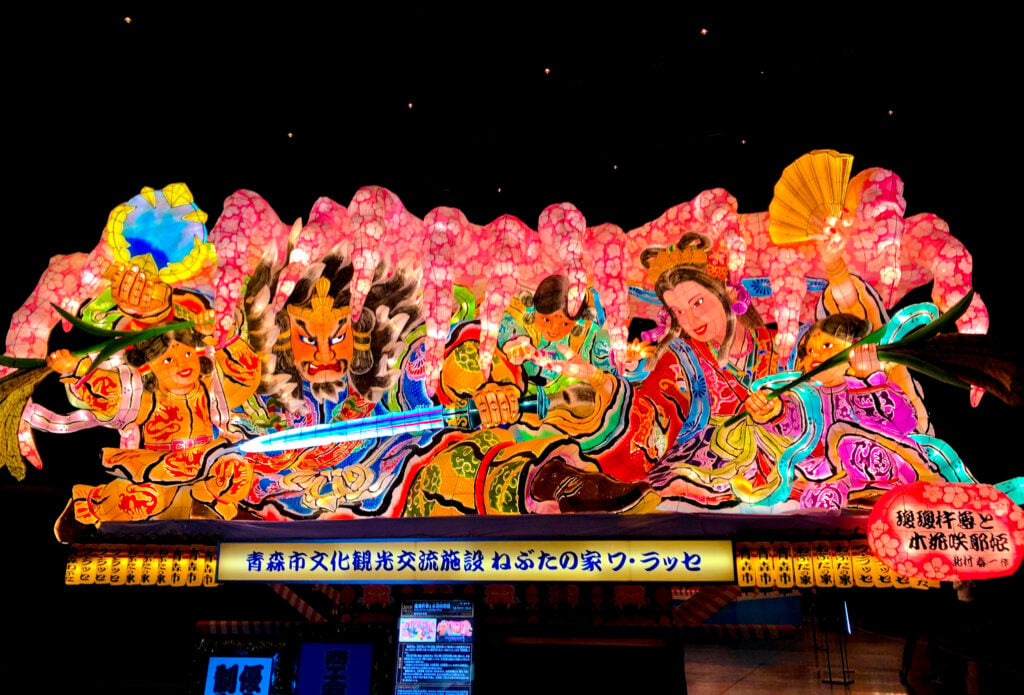Kore, sore and are are some of the first pronouns you’ll learn as a beginner Japanese language student and at first, they seem fairly straightforward. But, the difference between kore, sore and are is often a point of confusion, especially when you throw in kono, sono and ano into the mix.
Read on to get your head around the difference between kore, sore and are.
Grammar Points
Kore, sore and are are the equivalent to “this” and “that” in English. How you use them depends on how close or far the thing is that you are referring to. This is an important concept in understanding the difference between kore, sore and are.
Kore is used for things near the speaker.
E.g. Kore wa hon desu.
これ は 本です。
This is a book.
Kore wa ikura desuka?
これ は いくら ですか?
How much is this?
Sore is used for things near the listener.
E.g. Sore wa hon desu.
それ は 本 です。
That is a book.
Sore wa nan desuka?
それ は なん ですか?
What is that (by you)?
Are is used for things far away from both the speaker and the listener.
E.g. Are wa hon desuka?
あれ は 本 ですか?
Is that (over there) a book?
Are wa nan desuka?
あれ は なん ですか?
What is that (over there)?

Kono, Sono and Ano
Things start getting a little tricky when you add in kono, sono and ano, which mean the same as kore, sore and are. So how do you know whether to use kore or kono?
The primary difference is that kono, sono and ano are adjectives and must be followed by a noun. In comparison, remember that kore, sore and are are pronouns, meaning they can be used instead of a noun, and therefore can stand alone.
Kono hon wa watashi no desu.
この 本 は 私 の です。
This book is mine.
Kono shougakusei.
この 小学生。
This primary school student.
Sono hon wa ikura desuka?
その 本 は いくら ですか?
How much is that book?
Sono hon ga daisuki desu.
その 本 が 大好き です。
I love that book.
Ano hon no shomei wa nan desuka?
あの 本 の 書名 は なん ですか?
What is the title of that book (over there)?
Ano hito wa Natsuki-san desuka?
あの 人 は なつきさん ですか?
Is that person (over there) Natsuki-san?
It might take some getting used to, but it will get easier to make the distinction the more you study. As you get more advanced in your Japanese, you will get a better feel for when to use certain words and you’ll know instinctively when to use kore/sore/are and when to use kono/sono/ano.
Want to learn Japanese but can’t get to Japan just yet? We offer an online beginner Japanese course, put together and taught by Akamonkai Japanese Language School. Read more about the course here.
For more articles about Japanese language, check out our blog.













